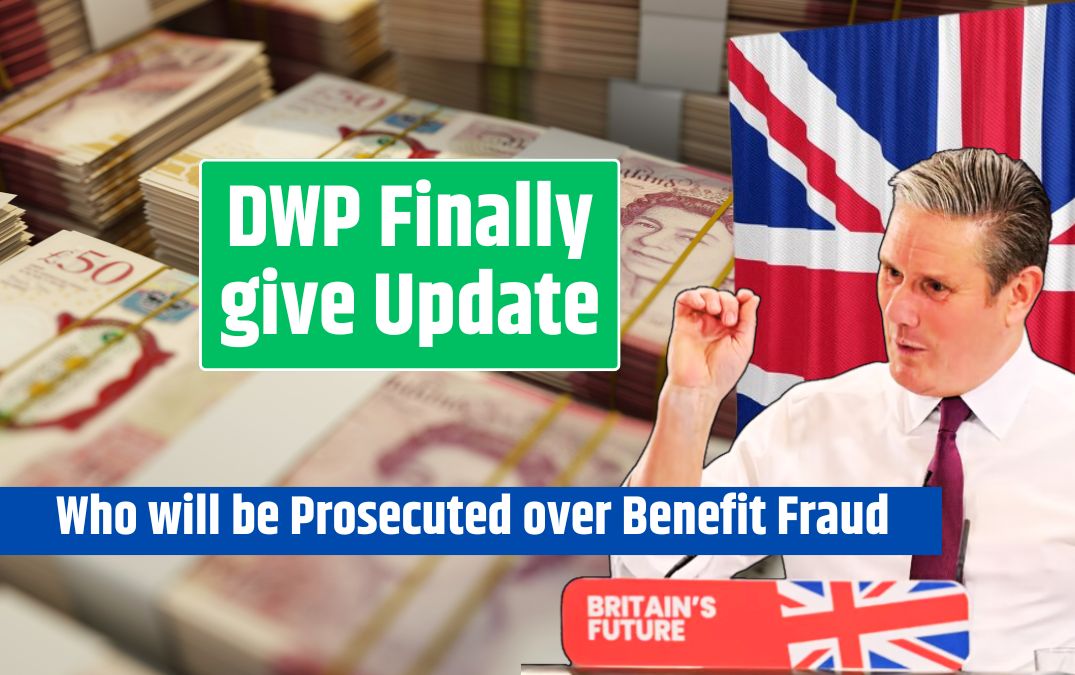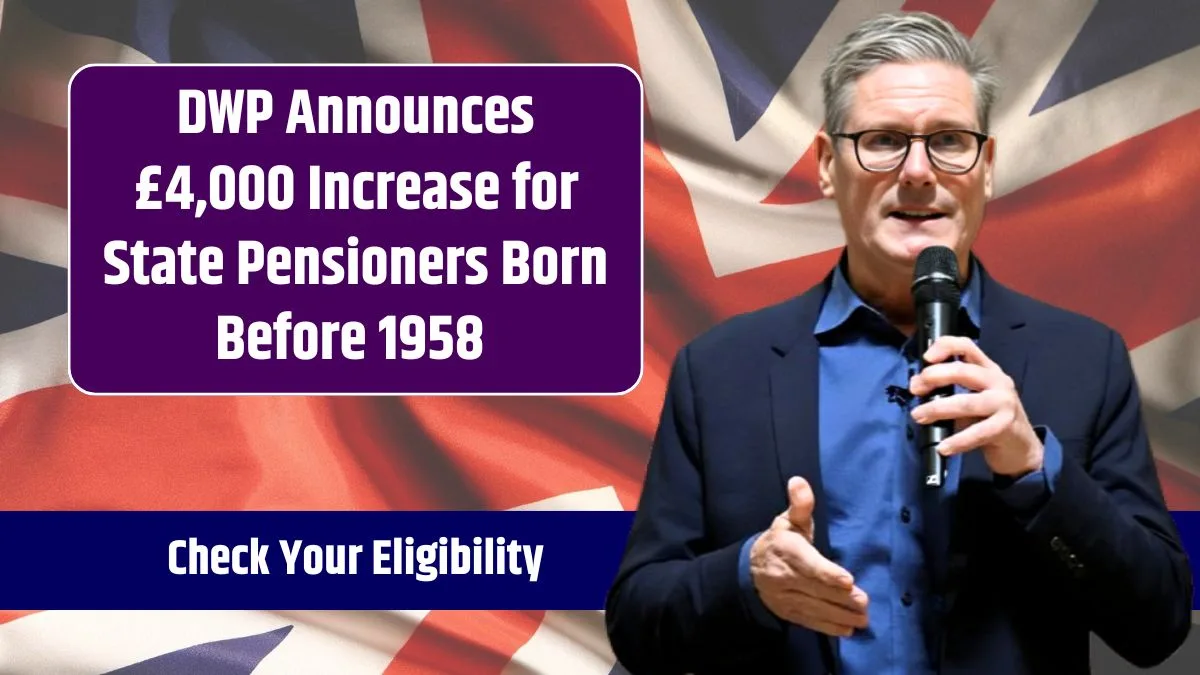The Department for Work and Pensions (DWP) recently updated its strategy on handling benefit fraud, revealing that only major fraud cases will be taken to court due to a backlog in the legal system. This decision comes amidst ongoing efforts by the government to reduce financial losses linked to fraudulent benefit claims.
Why Is the DWP Taking This Approach?
The shift in focus is linked to the newly introduced Public Authorities (Fraud, Error & Recovery) Bill, which is part of the government’s broader plan to save £8.6 billion over five years. With estimates indicating that benefit fraud cost taxpayers £7 billion last year, the DWP’s decision is seen as a way to prioritize larger, more damaging cases while reducing overall system abuse.
The Impact of Covid-19 on Benefit Fraud
Government officials have acknowledged that the Covid-19 pandemic significantly increased fraud levels. Relaxed rules were implemented during the early stages of the pandemic to help vulnerable people receive financial support quickly. However, this made the system more susceptible to exploitation.
- Universal Credit Overpayments: Overpayments for Universal Credit jumped from 9% to 14.5% between 2019-20 and 2020-21 due to relaxed requirements.
- Current Fraud Levels: According to government data, fraud levels currently sit at £9.7 billion a year, a substantial increase from pre-pandemic figures.
Plans to Control Fraud by 2030
Despite the spike in fraudulent claims, the DWP remains confident in reducing benefit fraud back to pre-Covid levels by 2030. Neil Couling, Director General for Fraud, Disability, and Health at the DWP, emphasized that prosecuting all cases isn’t feasible. Instead, the department will target large-scale, organized criminal operations.
“Fraud is such a big volume that you can’t prosecute your way out of this problem. So we are reserving our prosecutions for the most egregious, the big, organized cases,” Couling explained.
This selective prosecution strategy, coupled with new anti-fraud measures under the Fraud, Error & Recovery Bill, is expected to help the DWP restore control over the system.
The DWP’s decision to limit prosecutions to major cases reflects the challenges of tackling benefit fraud amid legal backlogs and increased financial abuse during the pandemic. While smaller cases may not face legal action, officials believe new policies and preventive measures will be effective in the long term. With the government aiming for a significant reduction by 2030, there’s hope that tighter controls and smarter resource allocation will help recover billions in lost taxpayer money.
SOURCE:LINK
FAQ
Who does the DWP prosecute for benefit fraud?
The DWP prosecutes individuals who deliberately provide false information or withhold information to claim benefits they are not entitled to. This includes cases where fraud is detected during compliance checks or investigations.
How does the DWP detect benefit fraud?
The DWP uses a variety of methods, including data matching, tip-offs from the public, and investigations through its Counter Fraud and Compliance Directorate to identify cases of potential fraud.
What are the penalties for benefit fraud in the UK?
Penalties for benefit fraud can include repayment of overpaid benefits, fines, and in severe cases, criminal prosecution that may lead to imprisonment.
Can you be prosecuted for accidental benefit overpayment?
Typically, accidental overpayments due to errors or misunderstandings are not prosecuted. However, the DWP may still seek to recover the funds, and prosecution could occur if evidence of intentional wrongdoing is found.












